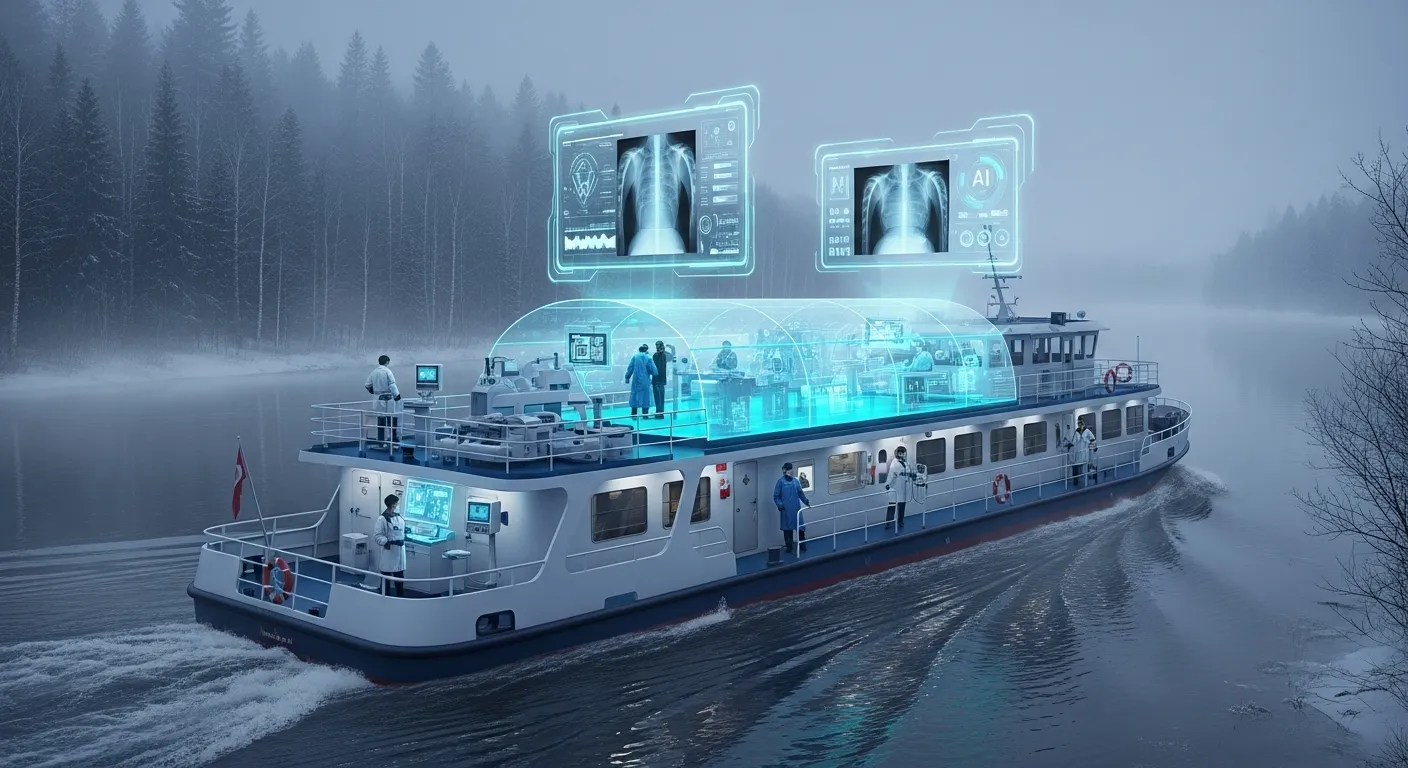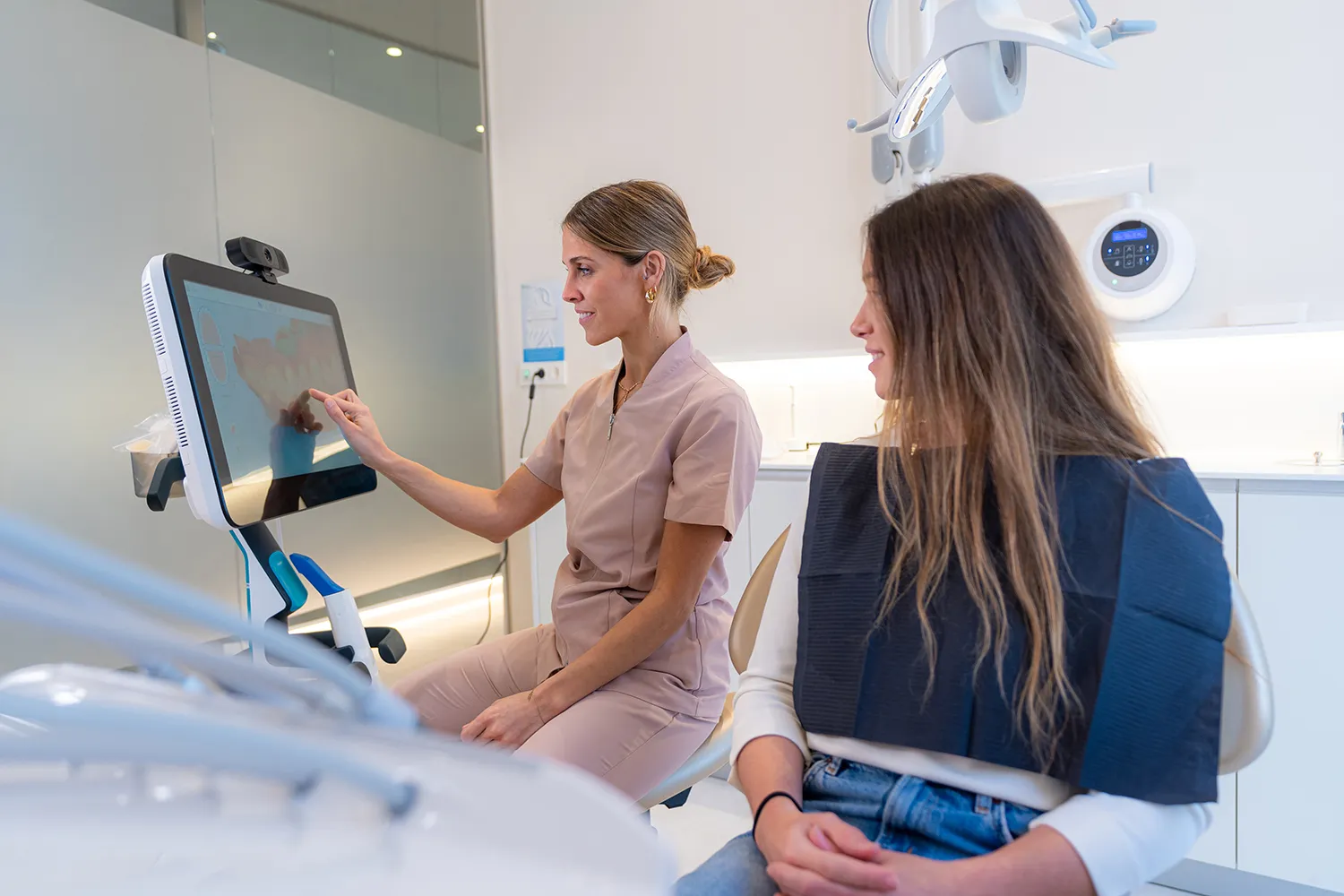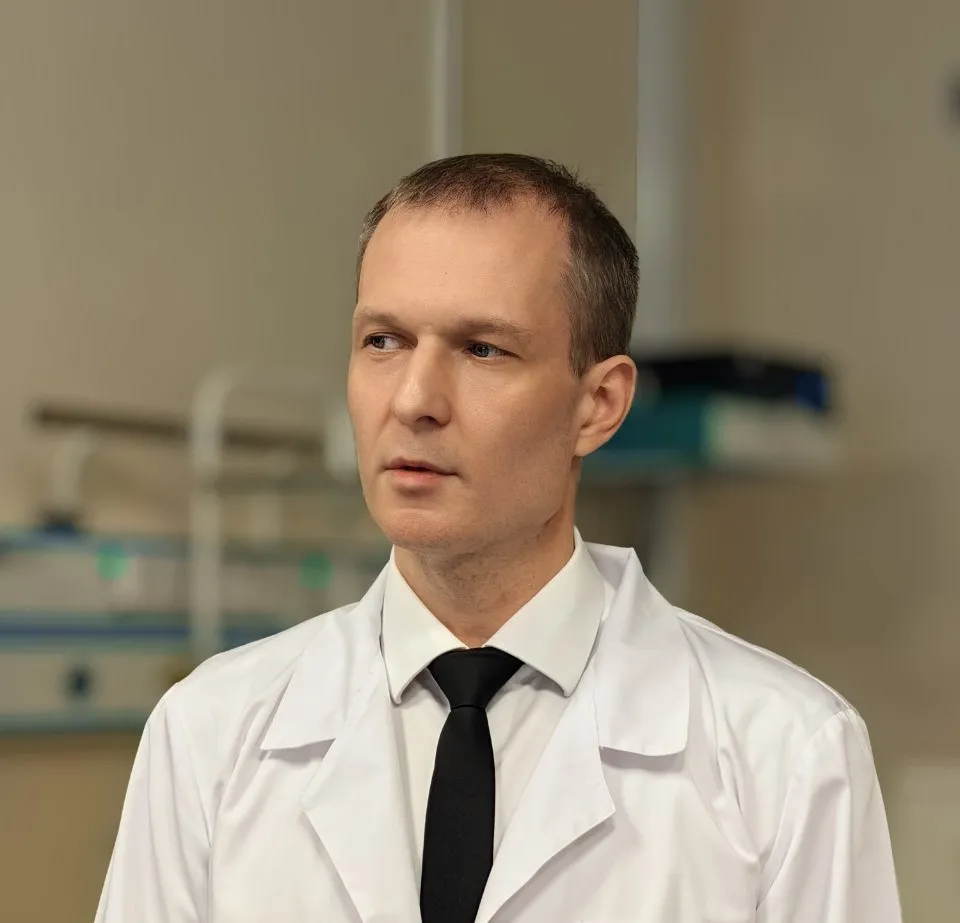AI Sets Sail Aboard “Nikolay Pirogov” to Deliver Smarter Healthcare in Remote Russia

A floating hospital powered by artificial intelligence is transforming diagnostics for thousands living in hard-to-reach Siberian settlements.
Technology at the Heart of the Taiga
The Nikolay Pirogov is more than a medical vessel—it’s a fully equipped floating hospital that serves up to 8,000 patients annually as it travels the Ob and Irtysh rivers in Russia’s Khanty-Mansi Autonomous Area. Staffed by 19 physicians, including a surgeon, neurologist, and endocrinologist, the ship brings care to residents of remote communities without requiring them to travel long distances.
In 2025, the ship added a powerful new tool: an AI-powered diagnostic module called Third Opinion, developed by the Medical Information and Analytical Center. This system analyzes X-rays, flags abnormalities, and produces preliminary reports—accelerating diagnosis by 58% and enabling doctors to process up to 84 cases per day without increasing staff numbers.

AI Tackles Breast Cancer Screening
In July 2025, the vessel will be equipped with a second AI module to analyze mammograms. This marks a critical advance in early cancer detection. Later in the year, both AI solutions will also be installed on a new ship—the Saint Luke—designed to serve up to 50 patients per day along the same river routes.
This is no pilot program. On board, AI systems work in tandem with digital X-ray units, ultrasound devices, mammography tools, labs, and hematology analyzers. In fact, Russia may be the first country in the world to integrate autonomous AI diagnostics into mobile medical operations in extreme environments—a breakthrough even among countries with advanced telemedicine infrastructure.

From the Ob to the Pacific: A National Strategy
Russia’s floating medical care dates back to 1968, when the ship Zdorovye began delivering health services in Siberia. The Nikolay Pirogov launched in 1993 and has since become a symbol of public health in isolated territories. Today, it also serves as a testbed for cutting-edge digital solutions in mobile healthcare.
This development is not accidental. Over the last five years, Russia has steadily advanced from experimental use cases to full AI integration in mobile clinics. One of the early pioneers was the Moscow Telemedicine Center, which connected rural branches to centralized AI systems between 2020 and 2023. By 2024, AI was a routine tool in urban hospitals, speeding diagnostics and reducing clinician workload.
In parallel, telehealth bridges were built across Siberia and the Russian Far East. These programs enabled initial diagnostics in the field, with results forwarded to national centers for expert evaluation.

Outlook: A New Era in Mobile Diagnostics
Today, AI is firmly embedded in frontline medical practice. Image reading time has been slashed by 58%, and diagnostic throughput has increased to 84 exams per day. This reduces human error, especially amid physician shortages, and brings floating hospitals on par with their land-based counterparts.
The AI systems operate autonomously on board, a vital feature in subarctic zones where connectivity and infrastructure are limited. By 2027, mobile AI-driven healthcare is expected to become standard in remote Russian regions.
Challenges remain—clinician training, infrastructure expansion, and ethics protocols are needed—but these are surmountable. With state support, research backing, and proven clinical value, Russia is now a global leader in humanitarian digital medicine, offering solutions that serve patients on both land and water.










































